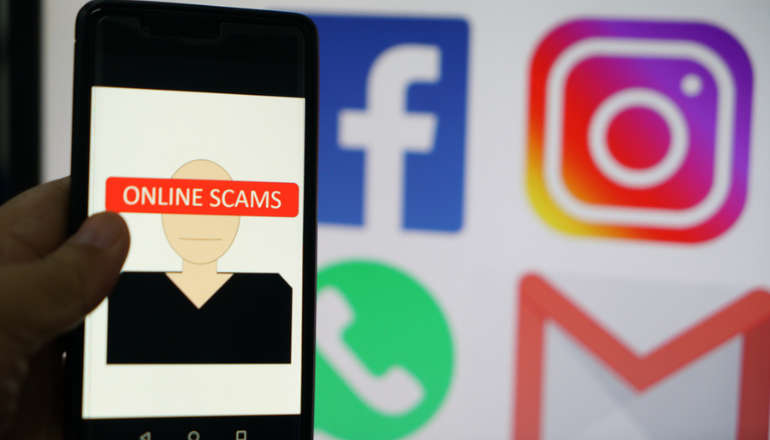
A scam warning has been issued after fraudsters impersonating social media pages attempted to con people on the Isle of Wight.
This included a cloned account for Isle of Wight Radio's Paul Topping, which erroneously informed people they had won a competition, requesting bank details as part of the process (see below).
Isle of Wight Radio will never ask you to share bank details relating to competitions, so please don't share any sensitive information with these scammers.
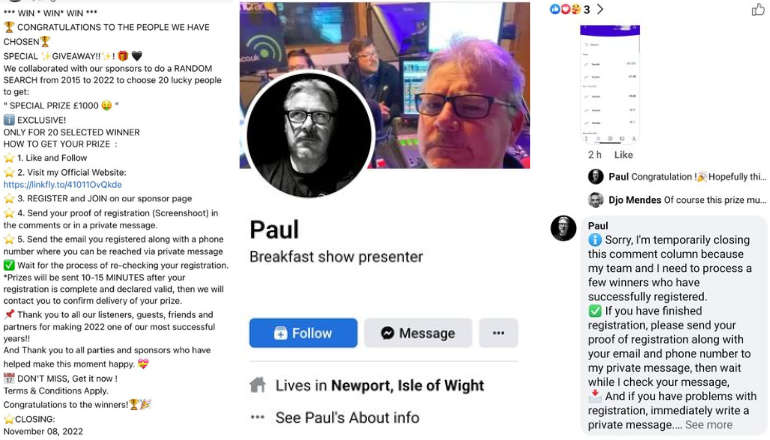
The fake Paul Topping account and some of the messages sent from it
This impersonation is one tactic a criminal will use. Be wary of friend requests on social media that appear to be from someone you are already friends with on the platform.
These can be cloned accounts which are used by scammers to gain trust.
The scammer will then send messages asking for help, or telling you about a great way to make money.
One example is a scheme offering large amounts of money in return for buying hundreds of pounds of iTunes or Amazon vouchers.

A member of the public on the Isle of Wight experienced this on Facebook today,
We know that those fraudsters who make contact in this way can be very convincing, making money out people who are often vulnerable.
If you have friends or family who you think may be vulnerable to this type of fraud, please make them aware of our advice.
You can help protect yourself by following this advice:
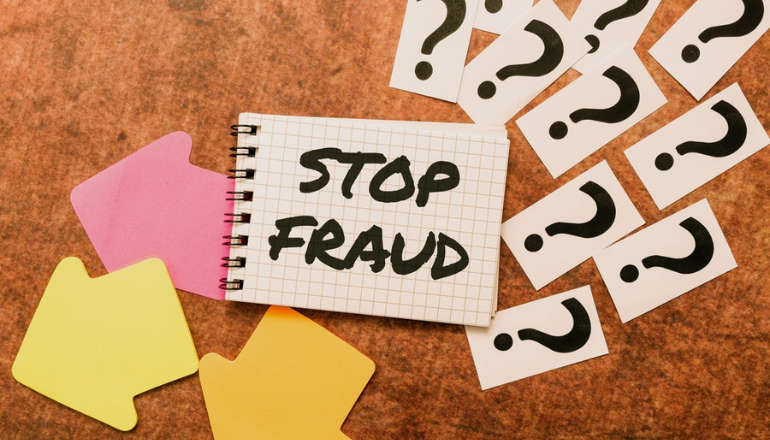
- Beware of adverts or messages for money making opportunities where they state you can earn a specific or minimum amount of money.
- Don’t be tempted by seemingly easy offers of work or ways to make money. You might find your personal details are sold on to other scammers and you could become an easy target.
- Never give personal or bank account details to anyone who contacts you unexpectedly.
- Never hand over your card, money or valuables to someone at the door to be sent off elsewhere.
- Don’t be pressured into acting quickly. Scammers will try and convince people to act quickly and make a decision before having time to think about it.
- Take a moment. If you are unsure speak to a trusted friend, family member or neighbour for advice.
- If something seems too good to be true, it probably is
What to do if you receive a suspicious message:

- If you think you have been a victim of this type of scam, report to Action Fraud online or call 0300 123 2040
- If you have given your bank details or money to anyone you think is suspicious, contact your bank to let them know and help, also call 101 for the police to investigate
- Report any messages or adverts for fraudulent business or money making schemes to the social media platform.
- If you are concerned about an unsolicited phone call from someone that you do not know, who asks you to hand over money please report this to Action Fraud and the police, either online at www.hampshire.police.uk or by calling 101
- If you would prefer not to speak to police, you can call Crimestoppers anonymously on 0800 555 111 or visit www.crimestoppers-uk.org. Crimestoppers is an independent charity.
People are also encouraged to visit the Take Five to Stop Fraud website for more details on protecting yourself from fraud, particularly in the current economic climate.

 Police Teams Head To Ryde Hostel As Ongoing Investigations Gather Momentum
Police Teams Head To Ryde Hostel As Ongoing Investigations Gather Momentum
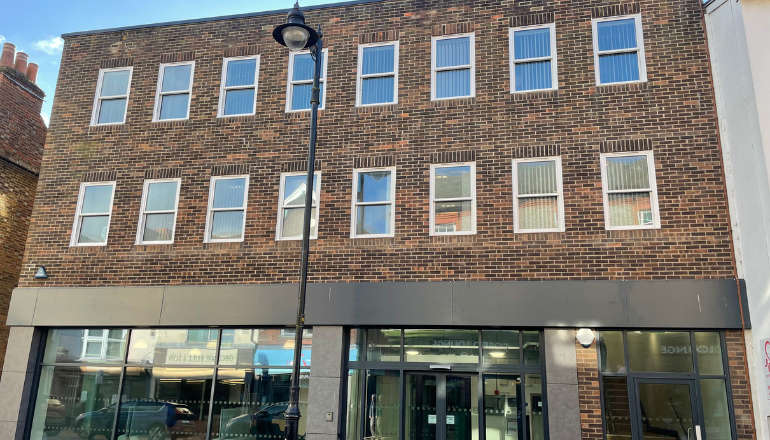 New High Street Health And Wellbeing Centre To Open In Newport
New High Street Health And Wellbeing Centre To Open In Newport
 Cowes Library Set To Undergo Building Works To Improve Accessibility
Cowes Library Set To Undergo Building Works To Improve Accessibility
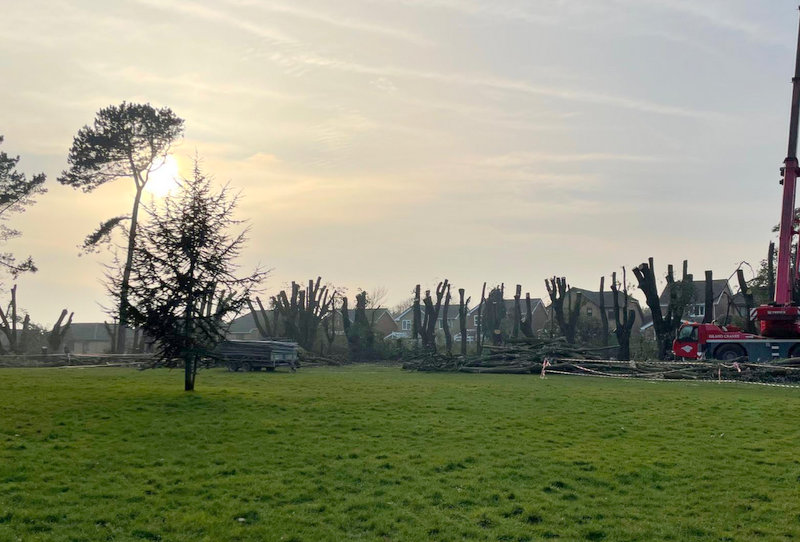 Isle Of Wight Park Could Be Upgraded As Part Of Council Works Scheme
Isle Of Wight Park Could Be Upgraded As Part Of Council Works Scheme
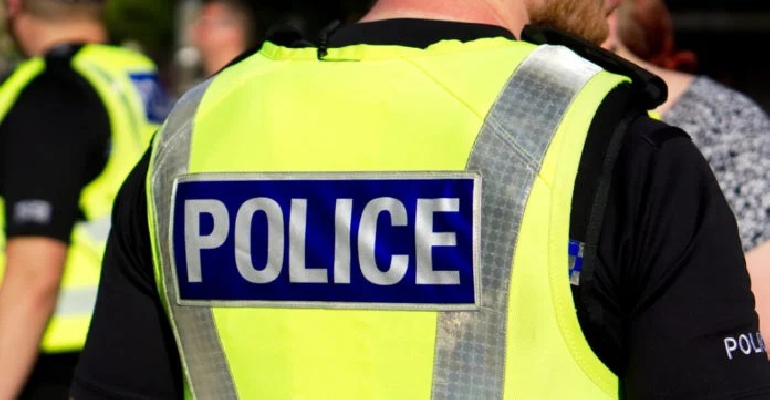 Enquiries Continuing At Ryde Residential Address Following Death Of 45 Year-Old Man
Enquiries Continuing At Ryde Residential Address Following Death Of 45 Year-Old Man
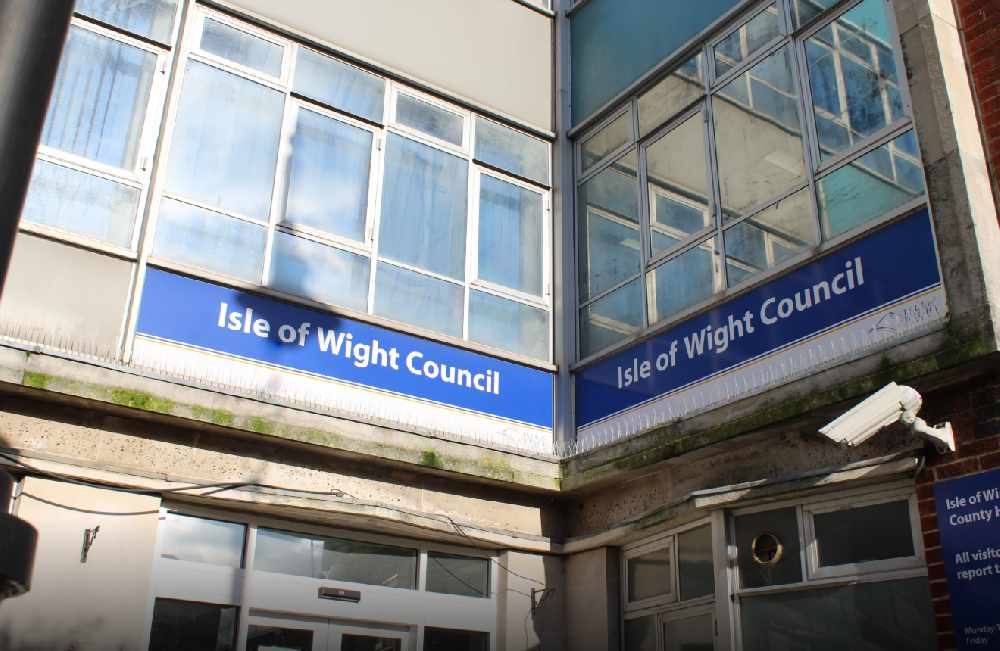 "Treated Shamefully": County Hall Watchdog Lashes Out At Cabinet
"Treated Shamefully": County Hall Watchdog Lashes Out At Cabinet
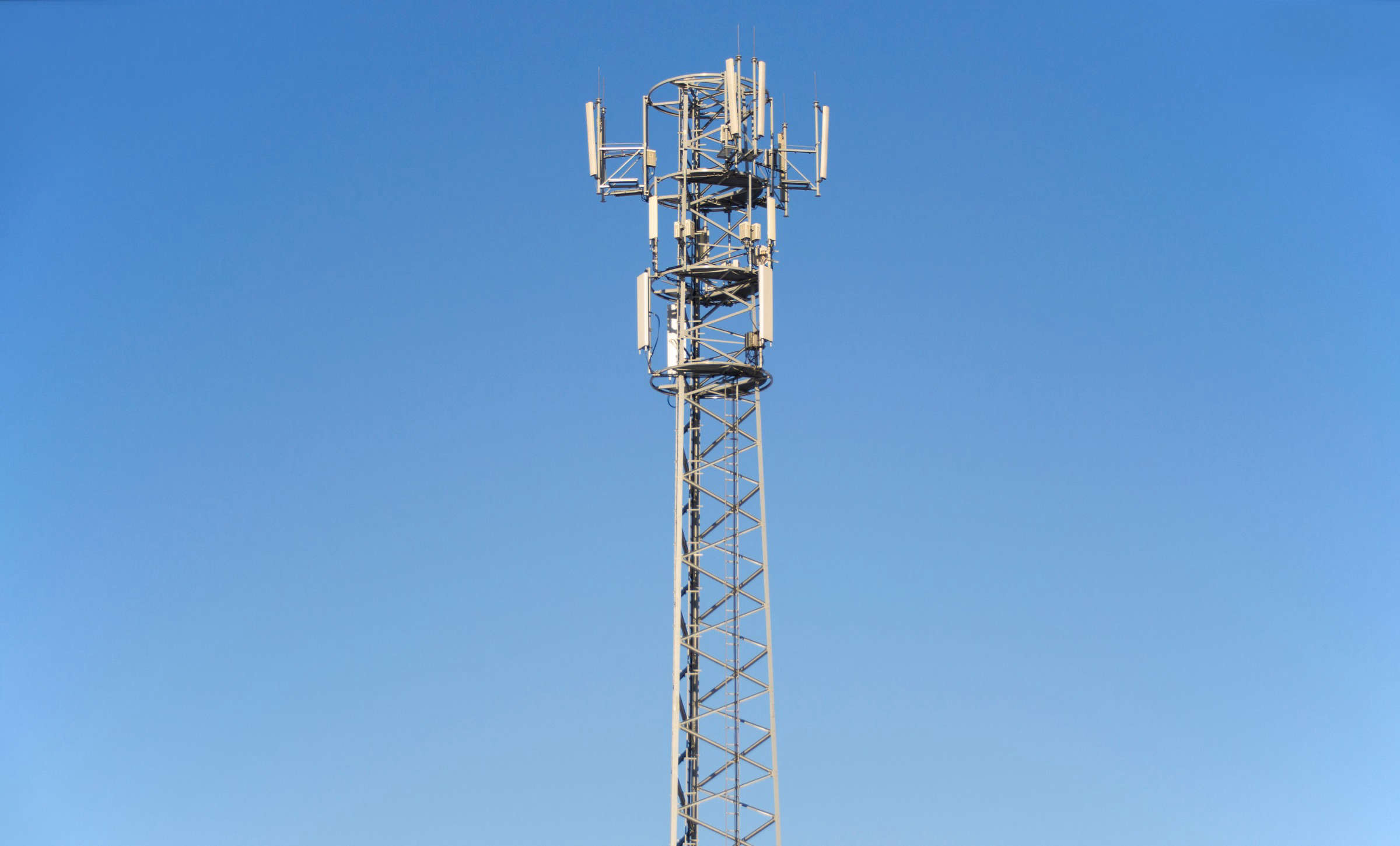 Residents And Councillors Rally Against 20-Metre 'Eyesore' Telecoms Mast
Residents And Councillors Rally Against 20-Metre 'Eyesore' Telecoms Mast
 Unions To Hold Indicative Strike Ballots Over 'Potentially Catastrophic' School Closure Plans
Unions To Hold Indicative Strike Ballots Over 'Potentially Catastrophic' School Closure Plans
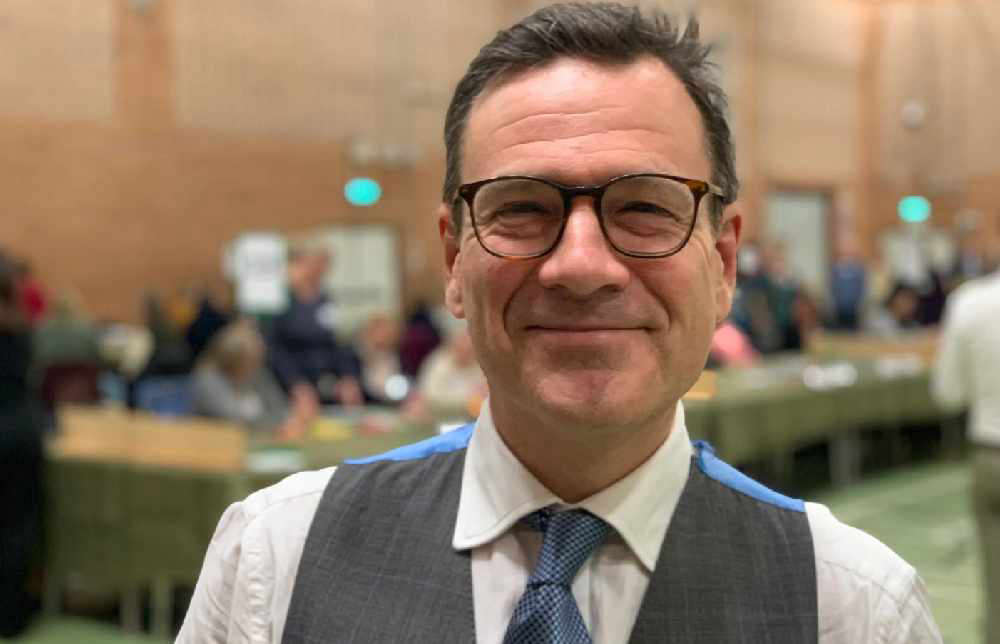 Bob Back On The Job: Former MP Seely Returns To Politics With Freshwater Parish Council
Bob Back On The Job: Former MP Seely Returns To Politics With Freshwater Parish Council
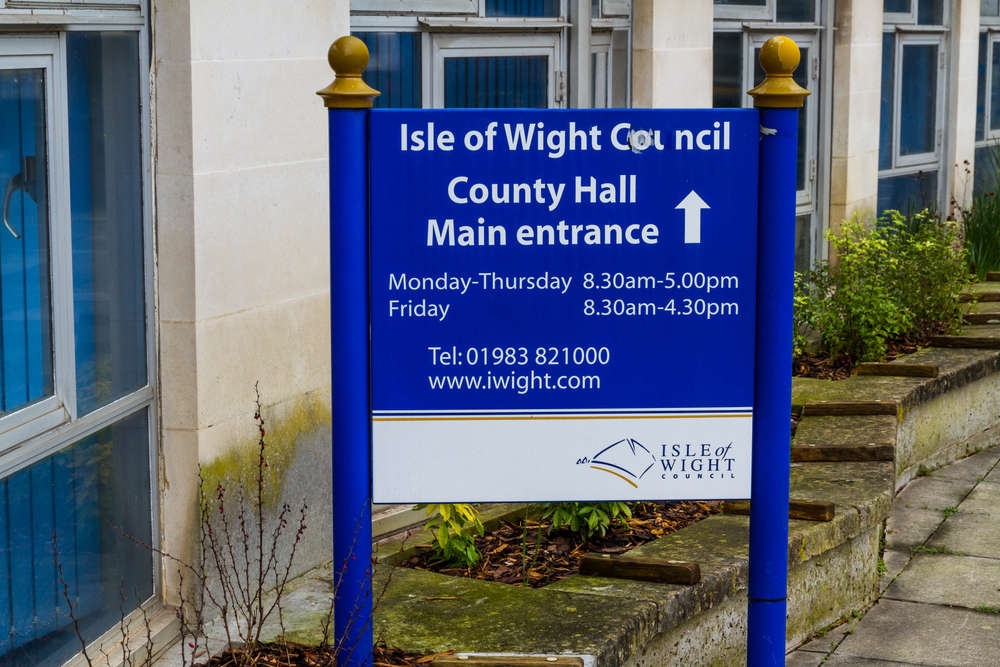 Major Investment To Transform Adelaide Care Home In Ryde
Major Investment To Transform Adelaide Care Home In Ryde
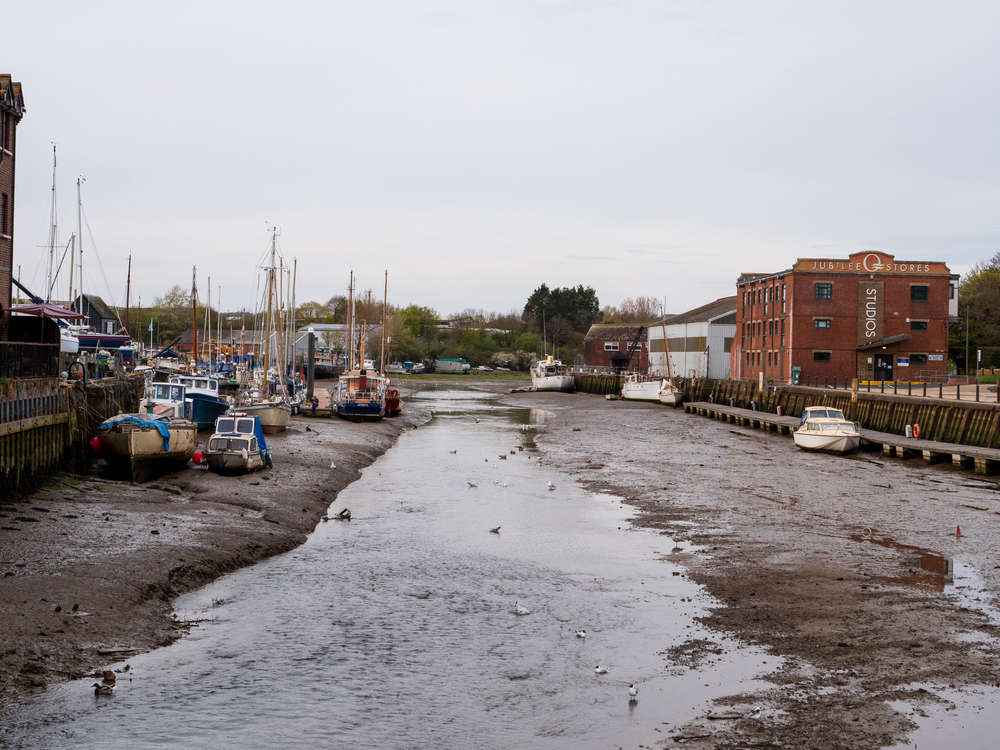 Call To Honour Island Heroes Of Dunkirk With Newport Harbour Memorial Cairn Given Green Light
Call To Honour Island Heroes Of Dunkirk With Newport Harbour Memorial Cairn Given Green Light
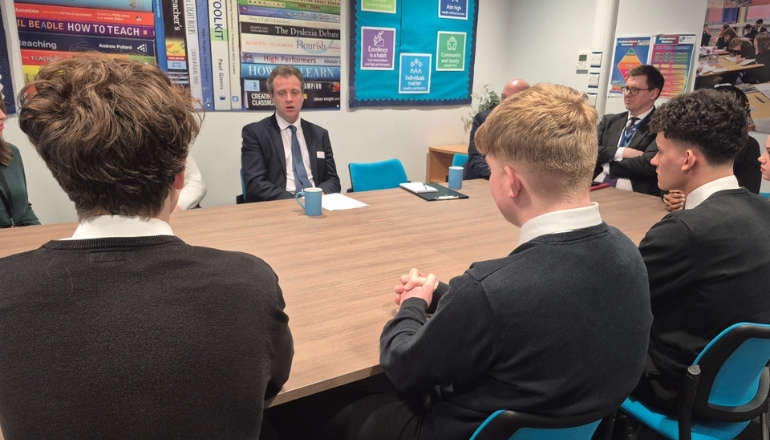 MP Joe Robertson Hosts Round Table Discussion On Safer Phones
MP Joe Robertson Hosts Round Table Discussion On Safer Phones
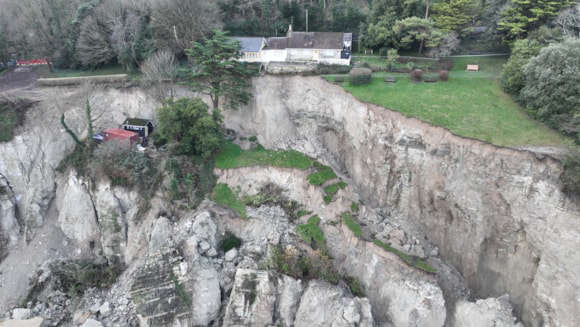 New Coordinator To Support Vulnerable Communities Affected By Landslides And Coastal Erosion
New Coordinator To Support Vulnerable Communities Affected By Landslides And Coastal Erosion
 Cowes Enterprise College Sixth Form Triumphs In Island-Wide Resilience Challenge
Cowes Enterprise College Sixth Form Triumphs In Island-Wide Resilience Challenge
 Sale Of Former Primary School Site To Charity Set To Go Ahead
Sale Of Former Primary School Site To Charity Set To Go Ahead
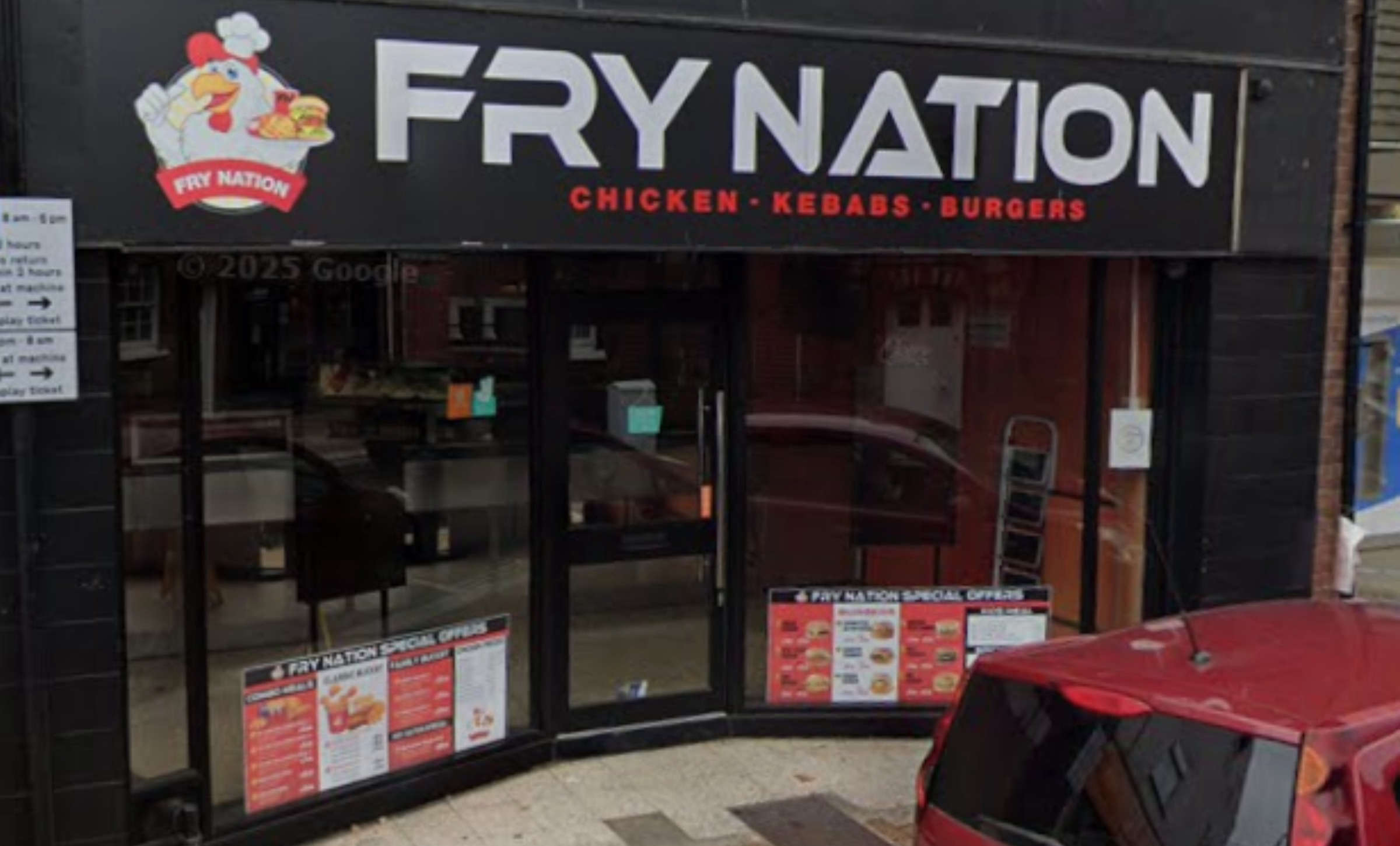 Takeaway Outlet Experiencing 'Trading Problems' Could Be Converted Into Retail Store
Takeaway Outlet Experiencing 'Trading Problems' Could Be Converted Into Retail Store
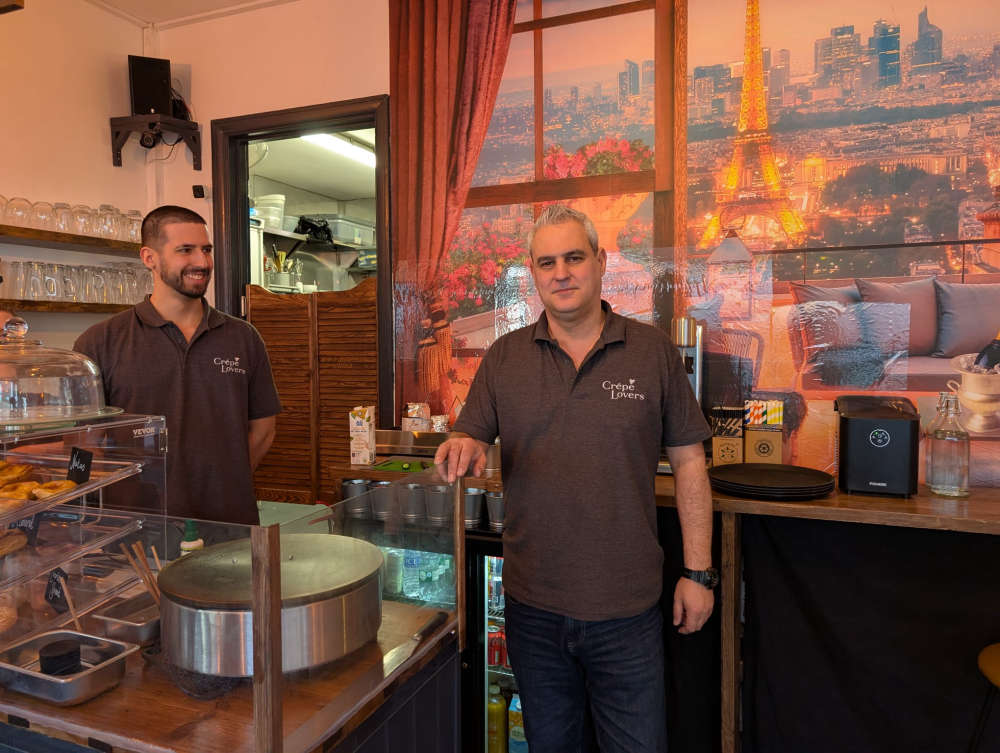 Popular Ryde Restaurant 'Crepe Lovers' Opens Second Island Eatery In Newport
Popular Ryde Restaurant 'Crepe Lovers' Opens Second Island Eatery In Newport
 Secondary School Offers Made To Island Children
Secondary School Offers Made To Island Children


